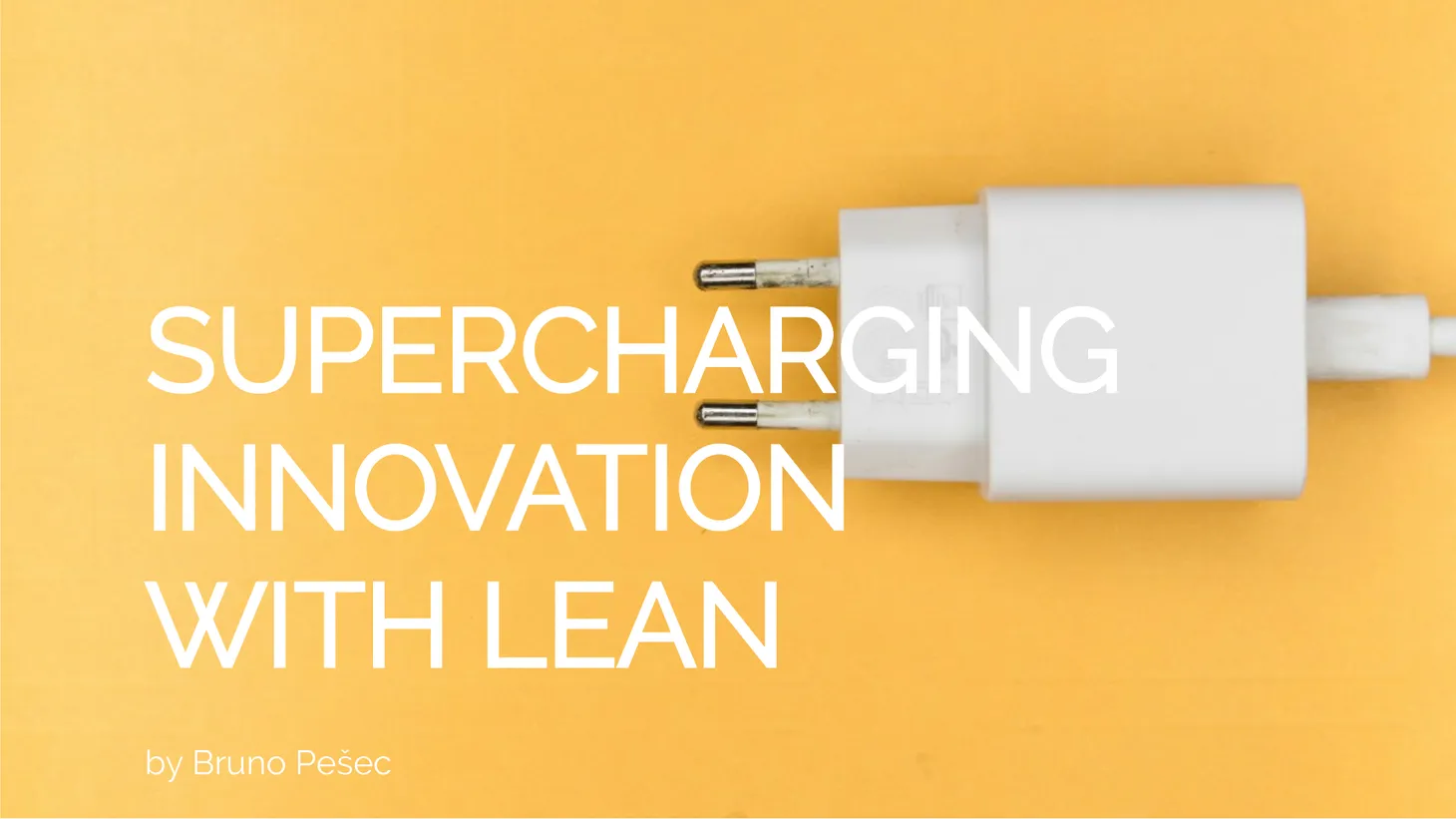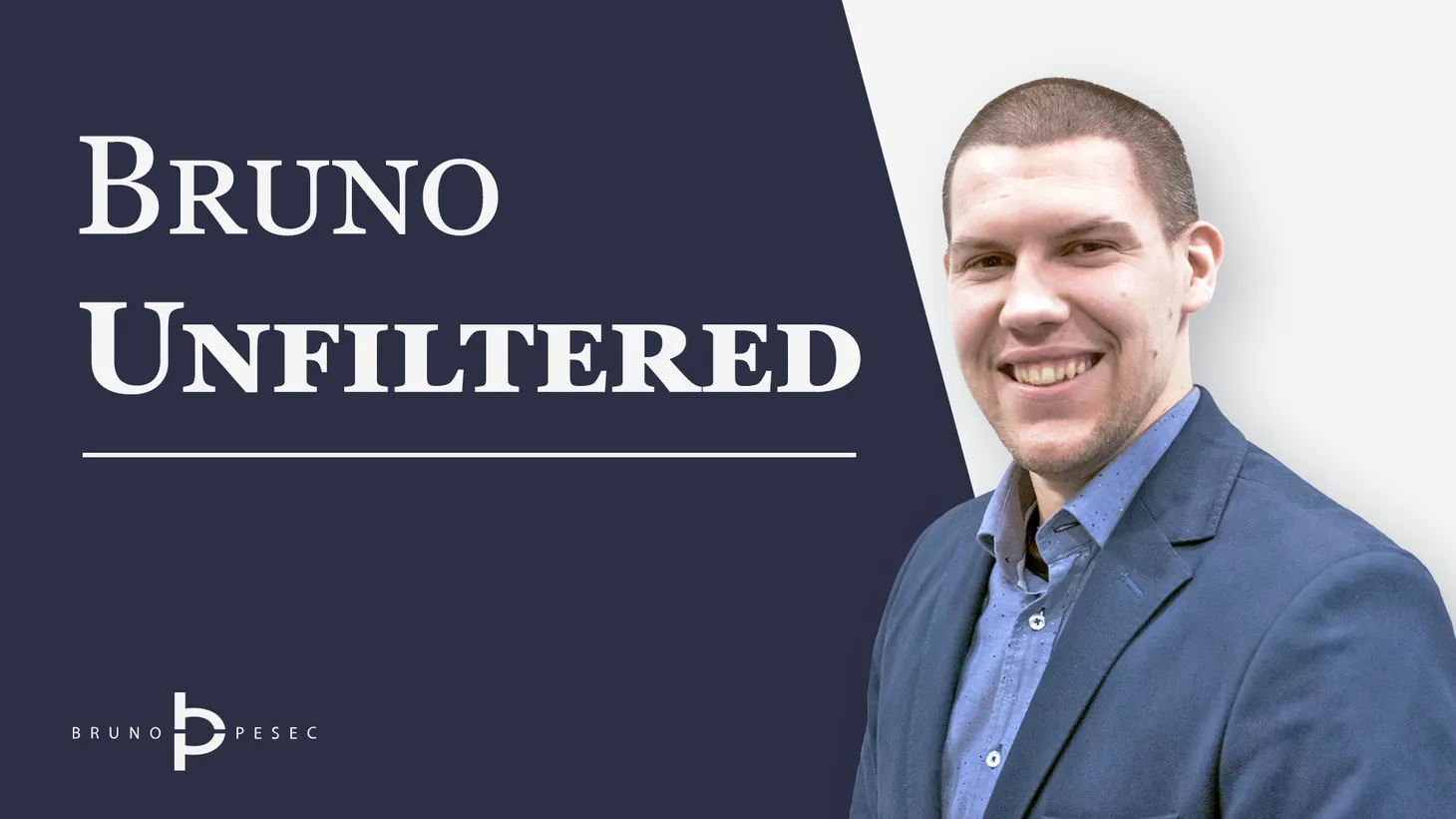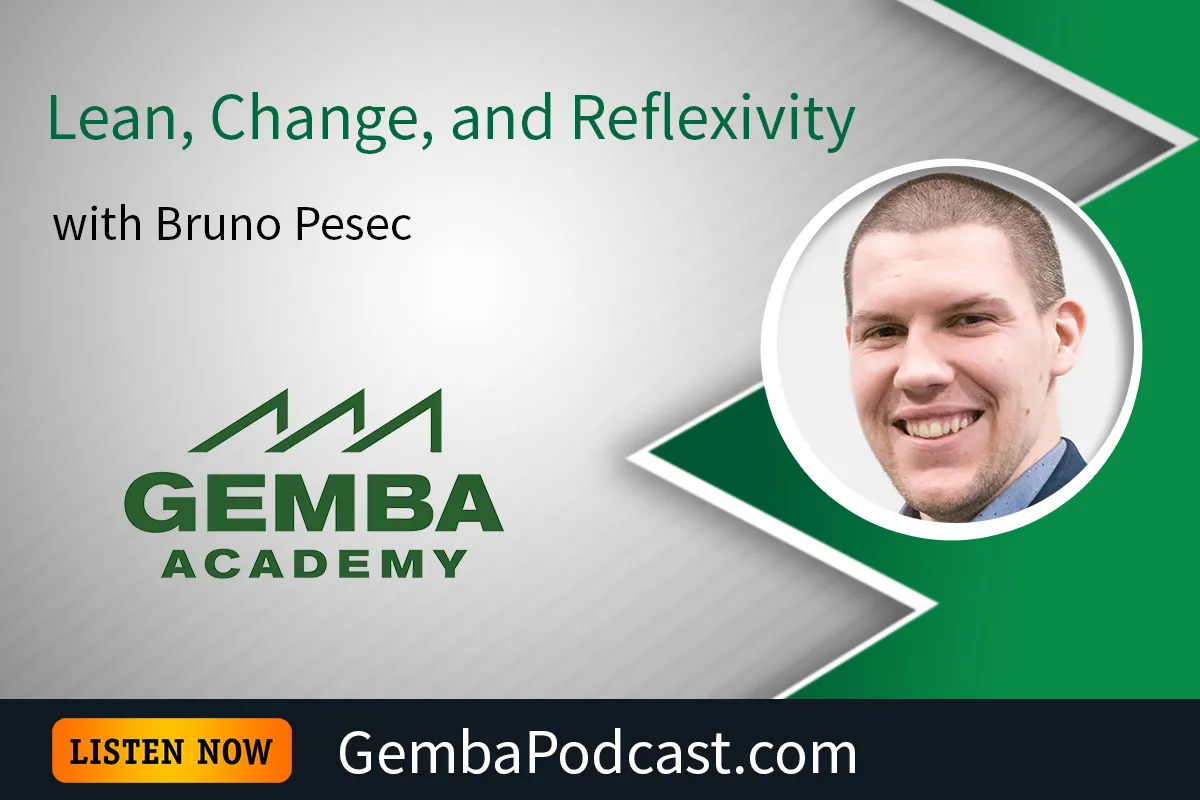Lessons from Shigeo and Ritsuo Shingo
What have I learnt from Shigeo and Ritsuo Shingo?
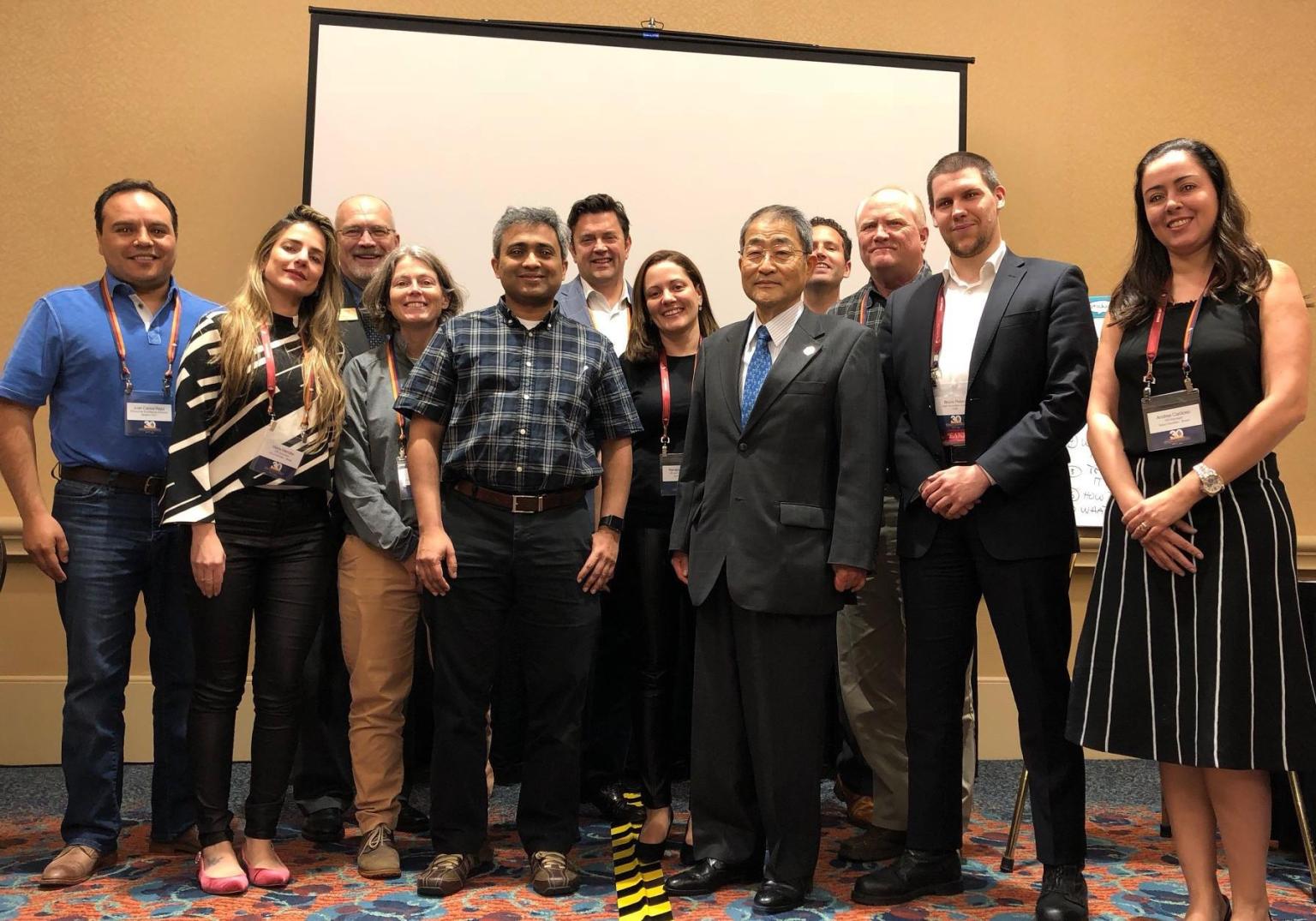
One of the joys of holding workshops at conferences is that I get to participate in other sessions and learn something new. That's why I was really excited to hold a Measuring what Matters workshop at the 30th Annual Shingo Conference. The agenda was packed with great speakers like Gwendolyn Galsworth, Karyn Ross, Andrew Dillon, Norbert Majerus, Robert Martichenko, Jack Helmboldt, and many others. Besides learning from speakers I also enjoyed exchanging experiences with numerous participants.
By the time conference wrapped up I have written seventeen pages of notes.
Here I'm sharing the ones I found most valuable and profound.
Shigeo Shingo’s Quality Revolution by Andrew Dillon
Mr. Dillon was Shigeo Shingo's translator and interpreter.
It was amazing listening him bring Dr. Shingo to life.
He outlined how Dr. Shingo challenged the quality logic of his time:
- Look below the surface to understand the essential.
- Pay attention to how you think. (Applying scientific thinking.)
- Set perfection as a practical goal. (Zero changeover time, non-stock production, zero-defect quality control.)
- Always pursue higher ends.
I appreciate that Mr. Dillon went into subtleties and nuances of words and meaning, especially when it comes to pokayoke. Perfection becomes achievable once we accept we cannot prevent mistakes, but can prevent defects. Pokayoke allows us to separate the cause – error, mistake – from the effect – defect.
Lessons on striving for perfection:
Be dissatisfied with the current state of affairs.
Strive for perfection. But cherish the clarifying wisdom of imperfection, in
yourself or in others. Failure is a gift. Nonconformity and variability
illuminate causes and mechanisms.
As managers, our job is not to keep people from failing. It’s to guide
them toward betterment, to move them to action and to help them learn
from failure. You can’t make it possible for people to improve if you don’t
make it possible for people to fail.
Fireside chat with Ritsuo Shingo
Ritsuo Shingo is Shigeo Shingo's son.
Mr. Shingo shared lessons of his father as well as his own.
Two and half hours of geeking out about TPS/TW, Shingo legacy, respect for people, genchi genbutsu, and a bunch of other topics with Ritsuo Shingo and Ken Snyder.
Here are my key lessons:
- Show your back. Be frugal and lead by humility. Mr. Shingo refused to drive new and expensive car, opting out for an older and used car instead.
- Have big ears, big eyes, and no big mouth. In other words, be highly aware and listen carefully, observe, and shut up.
- Respect your people by listening them and giving feedback to enable them to improve.
- Always provide a deep understanding of why.
- Blaming your workers is like spitting in the sky – it'll come back on your face.
- Recognize that mistake is a seed of improvement.
- Standard work, visual controls, etc., are for operators and not machines.
- Use photos, images, drawings to visualise how wrong/bad looks like.
- Integration takes place where the value is created. Gemba is where the value is created.
- Genchi genbutsu is about touching it, feeling it, and getting dirty.
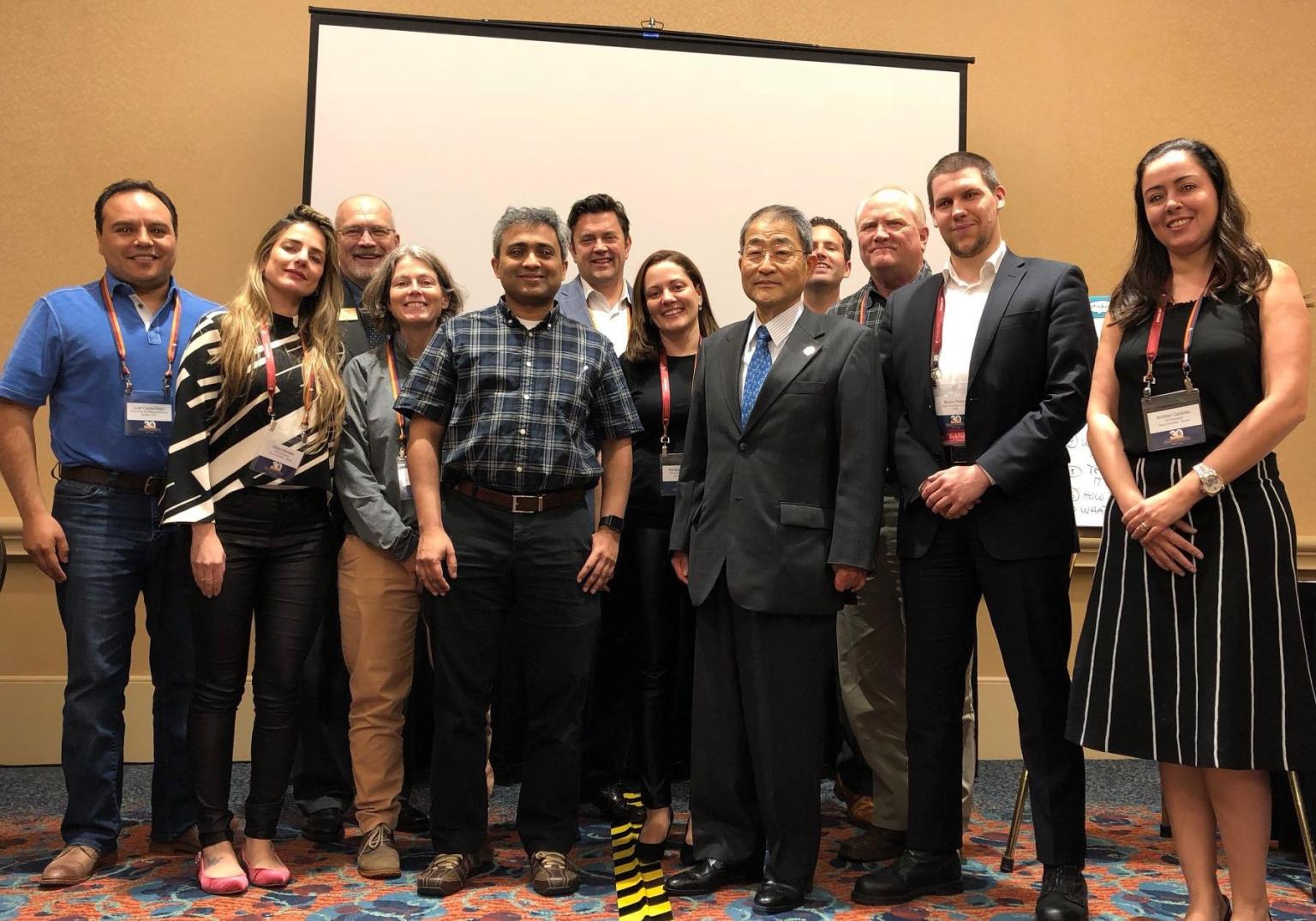
Leadership standard work
Agenda lists Mike Orzen as speaker, but I have a note saying it wasn't him, and it seems I haven't written down who actually held the session. Which is a pity because it was a great one.
Leaders should standardise:
- behaviour – what you do,
- presence – when you show up, and
- tone – how you do it.
Keys to standardising leader follow-up are:
- define success (winning, results, behaviours),
- make it visual and hold leaders accountable,
- reflect on leadership activities,
- establish tiered and daily habits.
An example of standardised follow-up by leader:
- face reality,
- assist in problem solving,
- respond in escalations,
- recognize and celebrate success,
- opportunity to coach,
- build trust.
Leaders' role is to:
- Set, clarify, and align goals and expectations.
- Help prioritize and support completion of actions and ideas.
- Support and help maintain standards.
- Teach, coach, train.
Leaders core activities are:
- go see,
- action plan reviews,
- step-back reviews, and
- one on one coaching.
Leader must be mindful if he:
- is assessing or auditing,
- is coaching or telling,
- supporting or demanding.
A question leader should ask himself every day – What have I done today to make it easier to win?
A question leader should ask others – How can I help you today?
Employee engagement through behaviour-based principles by Sean O'Hara
Mr. O'Hara, a site director at Abbot Nutrition Supply Chain - Sligo, shared their pledge which consists of several principles.
Leadership:
- Respect: safe working environment.
- Lead with humility: mindful leader.
- Respect: develop our people.
- Respect: recognition.
Continuous improvement:
- Assure quality at the source.
- Seek perfection.: focus on ideas.
- Seek perfection: measure to improve.
- Focus on process: standard work.
Enterprise alignment:
- Strategy.
- Strategy cascade.
- Prioritize.
- Think systematically. Every day, everyone.
Results:
- Create value for customers: customer appreciation day.
- From Tier 1 to Tier 4.
- Results.
Leading a culture transformation by Mark Russell
Mr. Russell, president and COO of Worthington Industries, shared their journey of transforming culture. Their transformation steps were:
- Focused, aligned, stretched A3s.
- Prioritize USA based transformation plans.
- Enable rapid, focused kaizen improvement.
- Gemba problem solving sustains and builds progress.
He remarked that whenever they tried to be smarter than everyone else it didn't go well. Once they focused on being better then yesterday, they started making sustainable progress. Employees benefit from success of the company though profit sharing system.
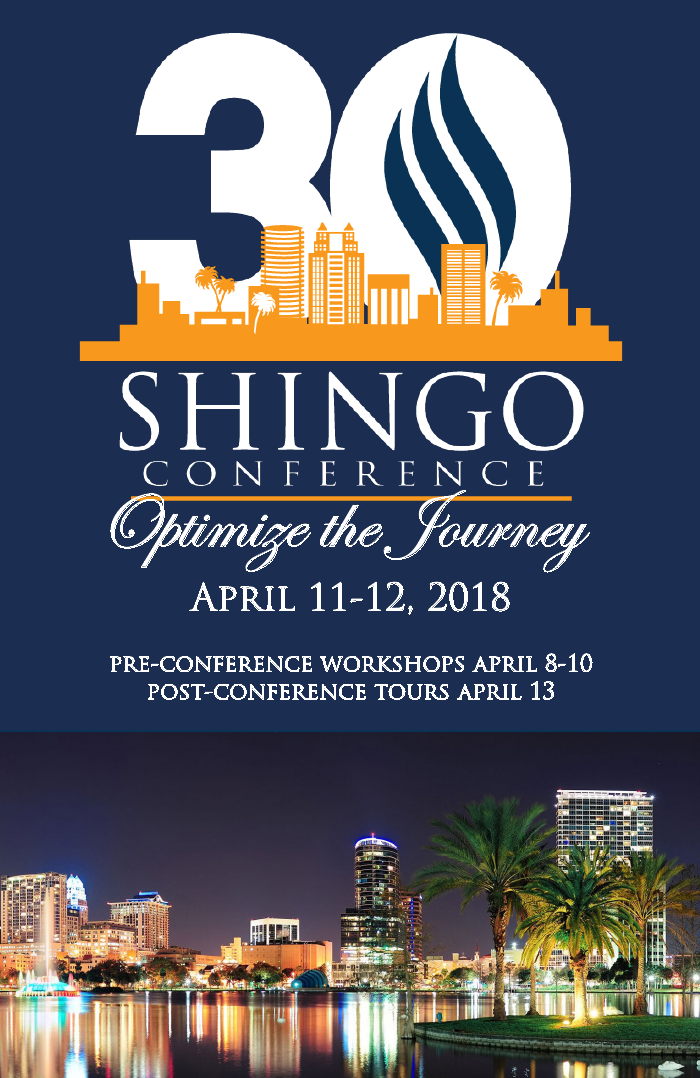
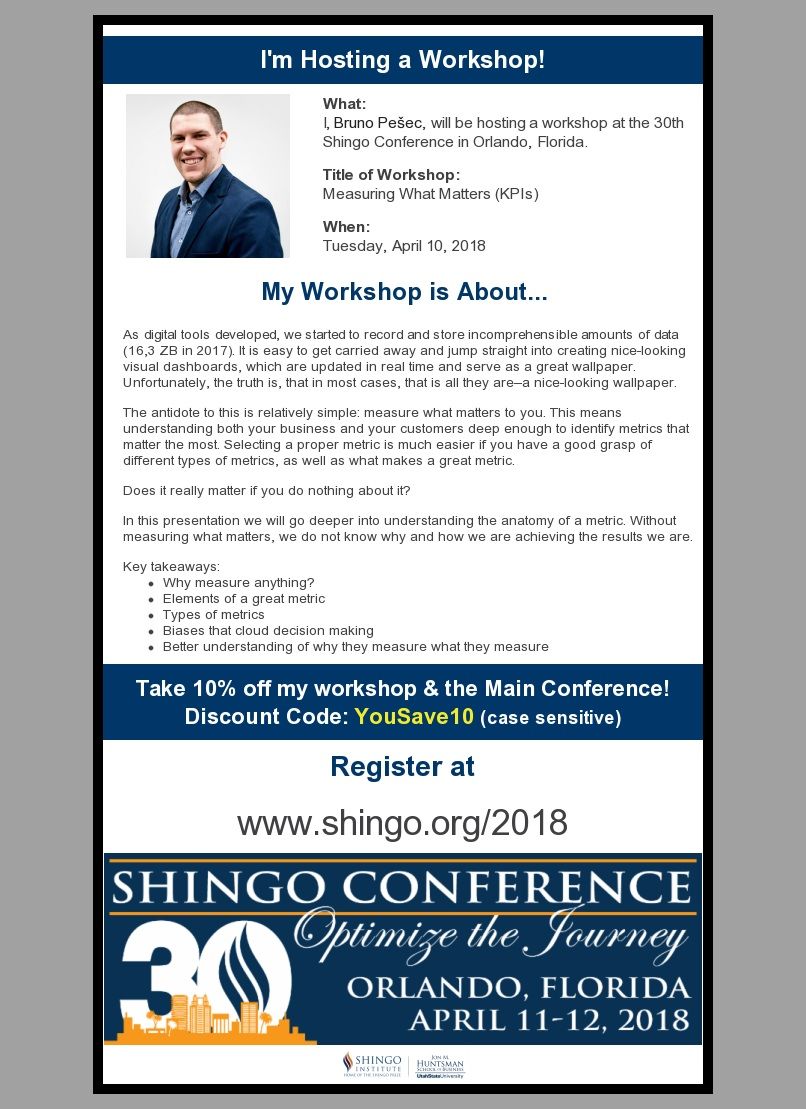
Bruno Unfiltered
Subscribe to get the latest posts delivered right to your inbox. No spam. Only Bruno.


